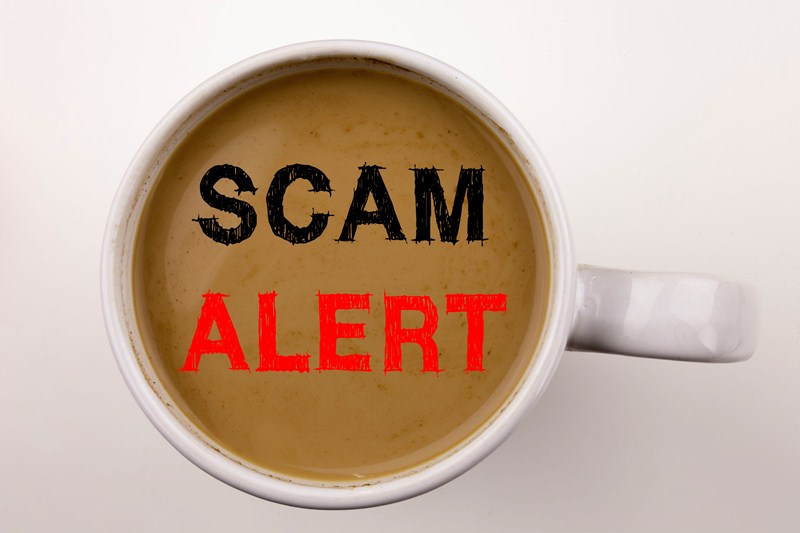Fraudsters are continuing to target taxpayers with scam emails in advance of the deadline for the submission of Self-Assessment returns for the 2022-23 tax year. In the 12 months to September 2023, HMRC received more than 130,000 reports of suspicious contact of which almost 58,000 related to bogus tax rebate referrals.
A number of these scams purport to tell taxpayers they are due a rebate / refund of tax from HMRC and ask for bank or credit card details in order to send the fake tax refund. The fraudsters use various means to try and scam people including making contact by phone calls, texts or emails. Fraudsters have been known to threaten victims with arrest or imprisonment if a bogus tax bill is not paid immediately.
HMRC operates a dedicated Customer Protection team to identify and close down these scams but continues to advise taxpayers to identify fraud and avoid becoming victims themselves. For example, HMRC only make contact with taxpayers due a refund by post and never use emails, text messages or external companies for this activity. Genuine organisations like HMRC and banks will never contact customers asking for their PIN, password or bank details.
If you think you have received a suspicious email claiming to be from HMRC you are asked to forward the details to phishing@hmrc.gov.uk, Suspicious texts to 60599 and calls can be reported on GOV.UK. If you have suffered an actual financial loss, you should contact Action Fraud on 0300 123 2040 or use their online fraud reporting tool.
HMRC’s Director General for Customer Services, said:
'HMRC is reminding customers to be wary of approaches by fraudsters in the run up to the Self-Assessment deadline. Criminals are great pretenders who try and dupe people by sending emails, phone calls and texts which mimic government messages to make them appear authentic.'


Recent Comments